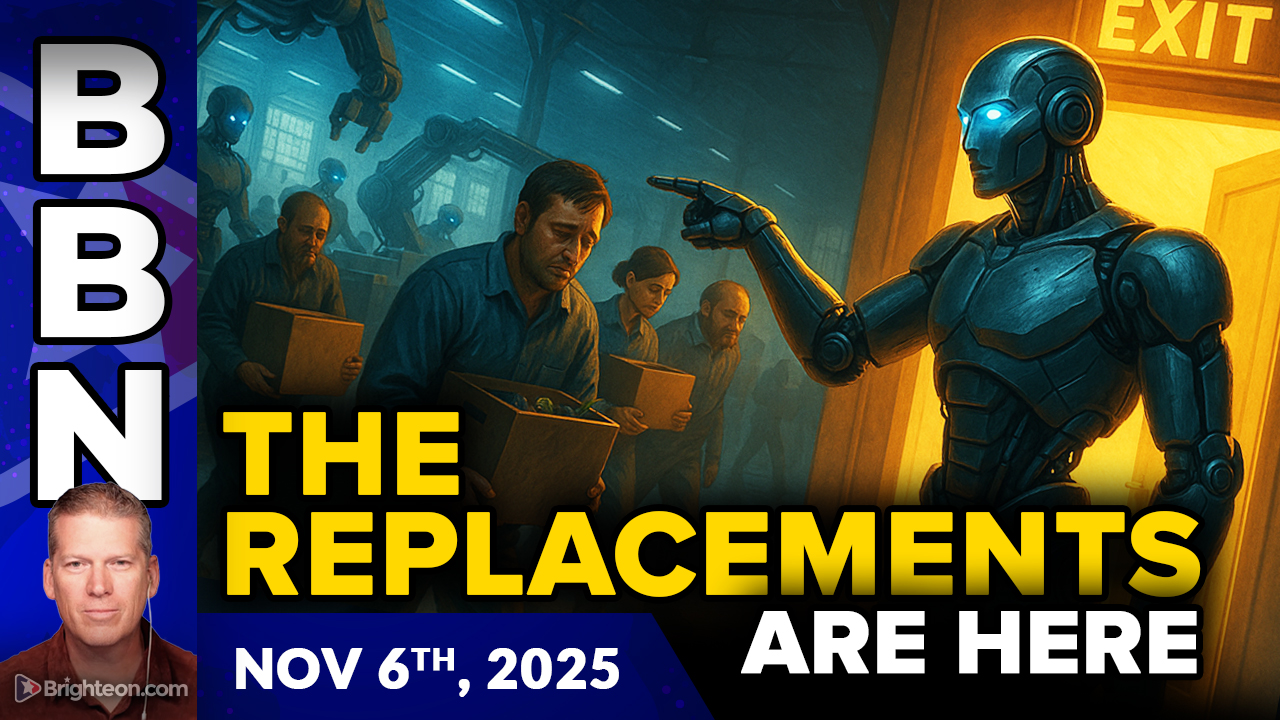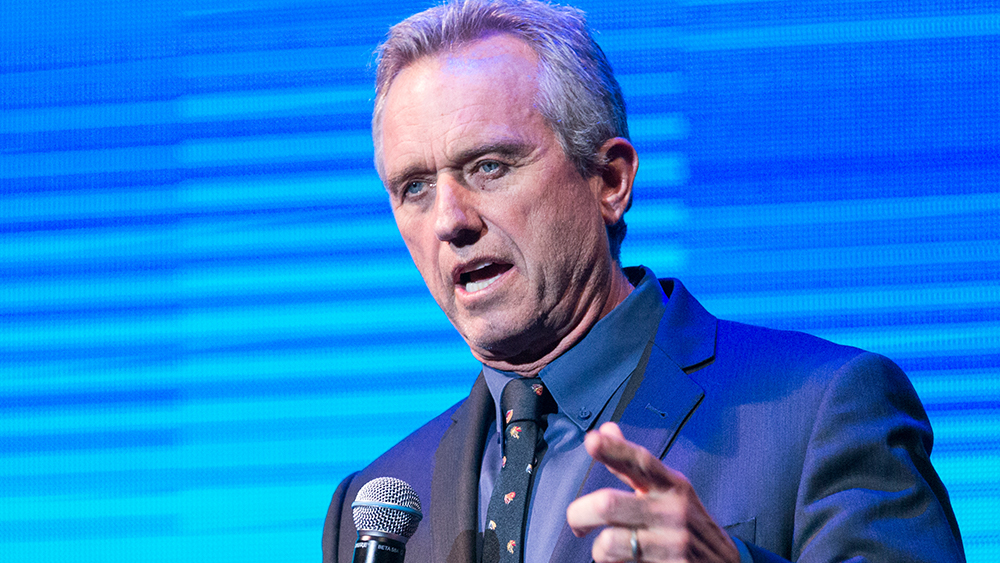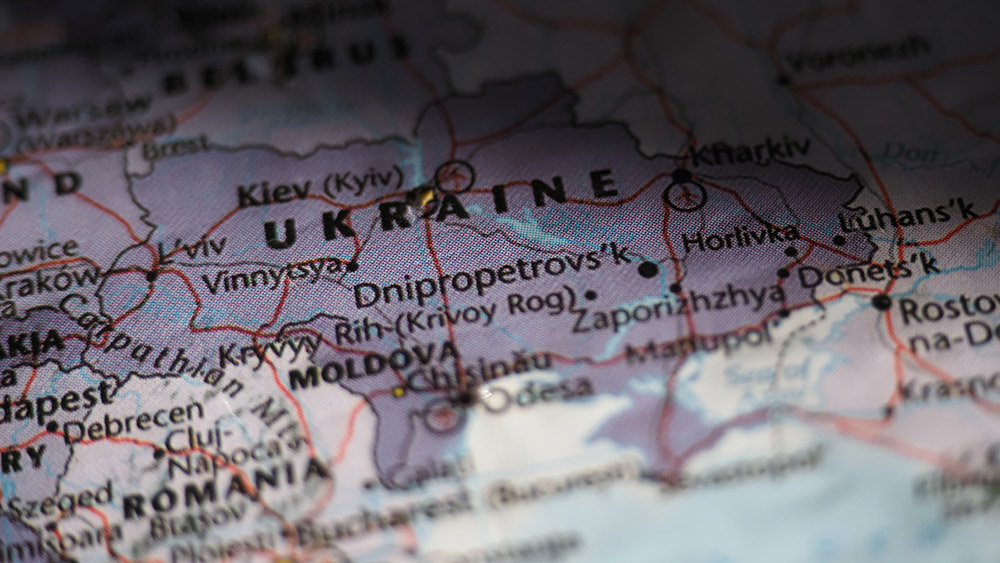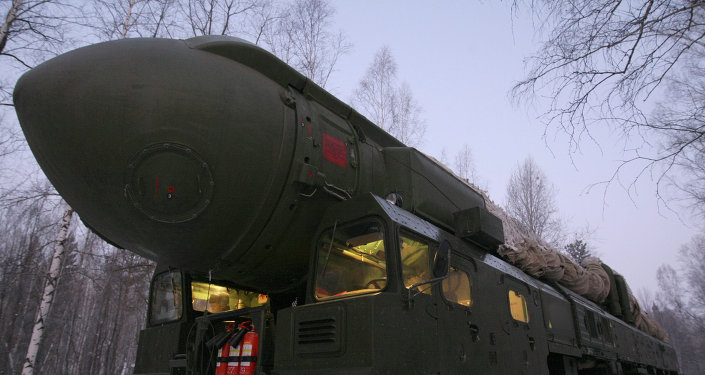The $30 billion bet: Meta’s debt-fueled AI gamble
11/04/2025 / By Ava Grace
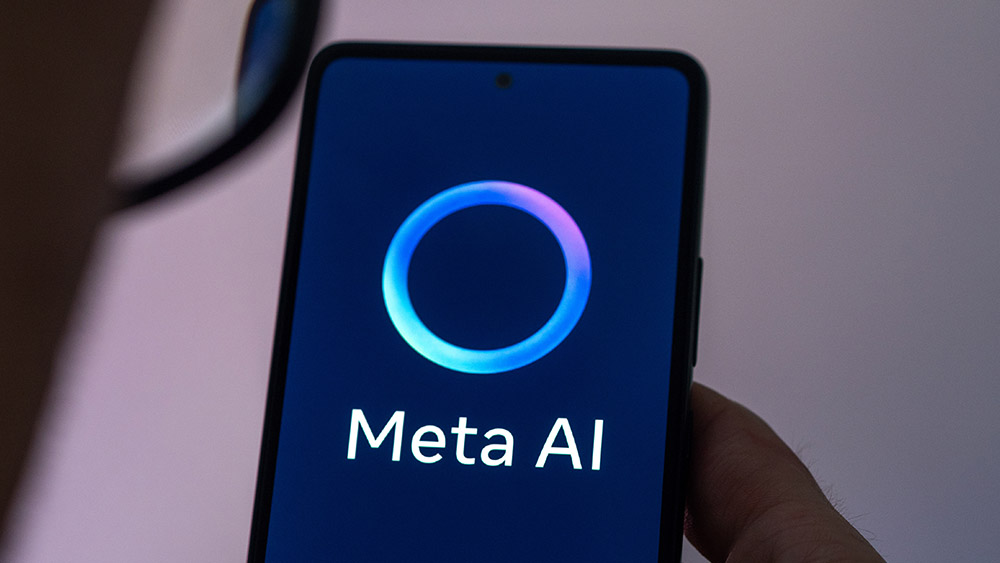
- Meta borrowed $30 billion in debt, signaling that even cash-rich tech giants can no longer fund the astronomical costs of the AI race from revenue alone, marking a pivotal moment for the industry.
- While Meta’s stock price fell due to shareholder anxiety over spending, the bond offering was met with overwhelming demand, indicating debt investors’ strong confidence in the company’s robust financial health and ability to repay.
- The primary driver for this debt is the need to fund expensive AI infrastructure, specifically data centers filled with advanced and costly Graphics Processing Units (GPUs) required to train sophisticated AI models.
- The move highlights a stark divide where established giants like Meta and Oracle can access low-interest debt, while unprofitable AI startups are forced to cede ownership through equity fundraising, giving the titans a major advantage.
- This debt-fueled spending spree represents a core strategic bet on achieving artificial superintelligence, with its success or failure set to determine the winners in the AI race and reshape the global economy for a generation.
In a stunning financial maneuver that signals a new phase in the artificial intelligence arms race, Facebook’s parent company Meta turned to the debt markets this week, borrowing a staggering $30 billion. The move reveals a fundamental shift for cash-rich tech behemoths, as even the most profitable companies are finding their war chests insufficient to bankroll the astronomical costs of the race for superintelligence. This pivot to massive debt accumulation marks a pivotal moment, raising profound questions about the sustainability of the AI boom.
For decades, internet titans have been defined by immense cash flows, able to fund ambitious projects from profits alone. That era may be closing. Meta’s decision to issue bonds comes despite the company taking in over $100 billion in annual revenue. The sheer scale of this borrowing indicates that the financial requirements for leading the AI revolution are unprecedented, dwarfing even the most ambitious tech projects of the past.
A market of contradictions
The debt offering occurred on the same day that Meta’s stock price plunged more than 11 percent, a reaction from shareholders spooked by aggressive spending and disappointing earnings. This divergence paints a complex picture: equity investors are growing anxious, while debt investors displayed overwhelming confidence. Demand for Meta’s bonds was reportedly four times greater than the supply, a clear signal that the credit market views the social media titan as a safe bet.
This confidence is not unfounded. Meta’s underlying financial health remains robust. Excluding a one-time charge, the company’s net income for the recent quarter was a colossal $18.6 billion—surpassing the combined profits of General Motors, Netflix, Walmart and Visa. For bond investors, this massive profit engine represents a near-guarantee that their loans will be repaid with interest, regardless of whether Meta’s AI bets ultimately pay off.
The high cost of the AI arms race
Why does a company swimming in cash need to borrow $30 billion? The answer lies in the breathtakingly expensive infrastructure required for advanced AI. The core of this is the data center, massive facilities packed with advanced computer chips called Graphics Processing Units (GPUs). These incredibly powerful and expensive processors are uniquely capable of handling the immense calculations needed to train sophisticated AI models. Acquiring these chips and building the facilities to house them requires capital on a scale rarely seen outside of national defense budgets.
Meta is not alone in this debt-fueled pursuit. Oracle raised $18 billion in a bond offering last month and is reportedly preparing to secure an additional $38 billion through bank loans. These moves highlight an industry-wide trend. The AI race is no longer a sprint funded by petty cash; it is a marathon requiring financial endurance that even these giants cannot maintain through revenue alone.
A two-tiered financial ecosystem
This rush to debt creates a stark divide in the AI landscape. For established tech titans like Meta and Oracle, the debt markets are wide open. Lenders see their immense cash flows and physical assets as solid collateral, making the risk of default seem low. This access to low-interest debt provides a monumental competitive advantage.
For pioneering AI startups like OpenAI and Anthropic, the situation is entirely different. These companies, despite their groundbreaking technology, are not yet profitable. The debt market is a hostile territory for them, as lenders would charge exorbitant interest rates to compensate for the risk of failure. Consequently, these younger companies are forced to continue raising money by selling equity stakes, gradually ceding ownership and control to outside financiers.
The specter of an AI bubble
As billions pour into AI infrastructure, a critical question emerges: is this a sound investment, or are we witnessing the inflation of a historic bubble? The markets, for now, are shrugging off the possibility of a burst. The confidence in Meta’s bond offering suggests that institutional investors believe the AI revolution is real and that its leaders will be rewarded.
However, the parallel decline in Meta’s stock price serves as a cautionary tale. It reflects a growing concern on Wall Street that the returns on this massive AI investment are uncertain and far in the future. CEO Mark Zuckerberg’s spending appears to have no limit, and while the company can afford to service its new debt, shareholders are worried that the aggressive pursuit of AI could come at the expense of near-term profitability.
“The AI race is astronomically expensive because training and operating advanced AI models requires immense computational power, which consumes a colossal amount of energy,” said BrightU.AI‘s Enoch. “Building and maintaining the data centers and specialized chips for this purpose demands massive capital investment in both hardware and physical infrastructure. Ultimately, the cost is driven by the fundamental, non-negotiable need for vast quantities of electricity, a resource that cannot be manufactured like currency.”
The ultimate gamble
The ultimate conclusion of this high-stakes financial drama remains unwritten. The $30 billion debt offering by Meta is more than a simple corporate loan; it is a bellwether for the entire technology sector. It demonstrates that the pursuit of artificial superintelligence is now the primary strategic objective for the world’s most powerful companies, an objective so costly that it requires mortgaging future profits for decades to come. The success or failure of this gamble will not only determine the winners and losers in the AI race but will also reshape the global economic landscape for a generation.
Watch this Fox Business report on Trump’s AI and tech investments being lauded.
This video is from the Newsclips channel on Brighteon.com.
Sources include:
Submit a correction >>
Tagged Under:
AI, Big Tech, Bubble, Collapse, computing, cyber war, cyborg, debt bomb, debt collapse, Facebook, finance riot, future science, future tech, Glitch, information technology, infrastructure, inventions, mark zuckerberg, market crash, meta, money supply, OpenAI, risk, robotics, robots, tech giants, technocrats
This article may contain statements that reflect the opinion of the author
RECENT NEWS & ARTICLES
COPYRIGHT © 2017 COLLAPSE.NEWS
All content posted on this site is protected under Free Speech. Collapse.news is not responsible for content written by contributing authors. The information on this site is provided for educational and entertainment purposes only. It is not intended as a substitute for professional advice of any kind. Collapse.news assumes no responsibility for the use or misuse of this material. All trademarks, registered trademarks and service marks mentioned on this site are the property of their respective owners.


